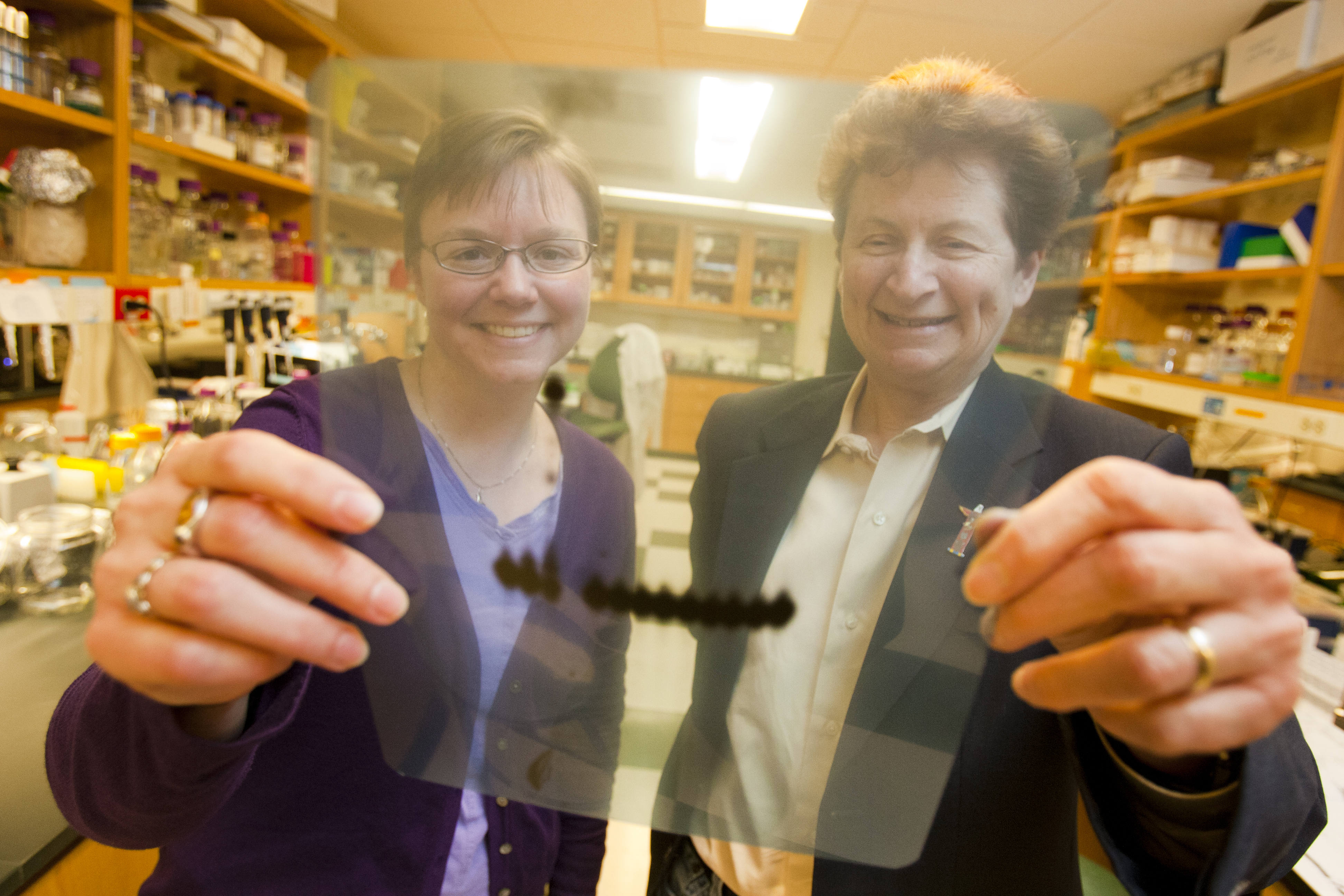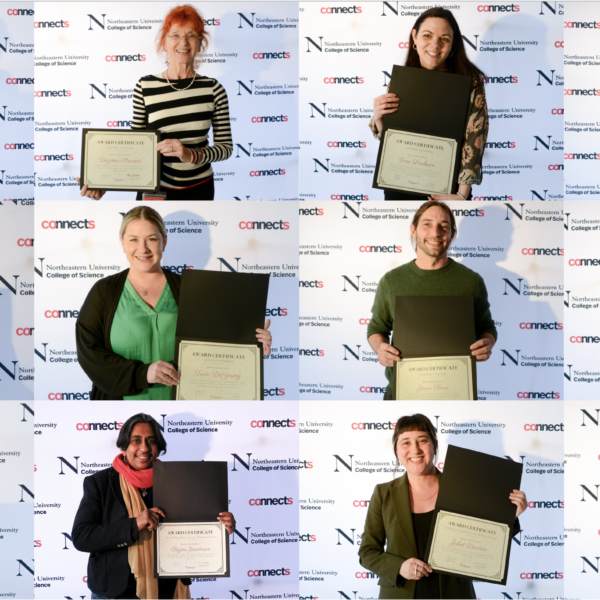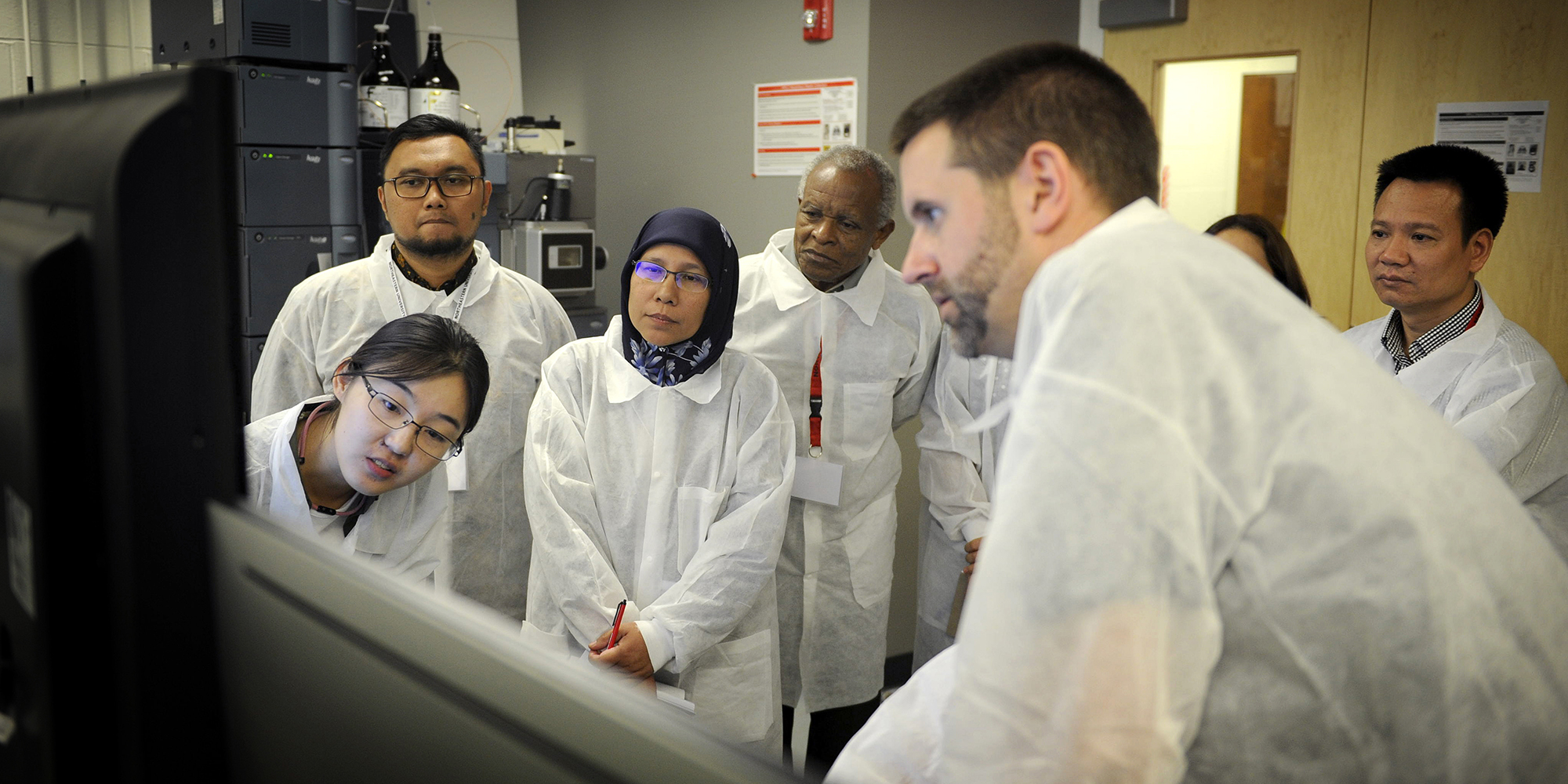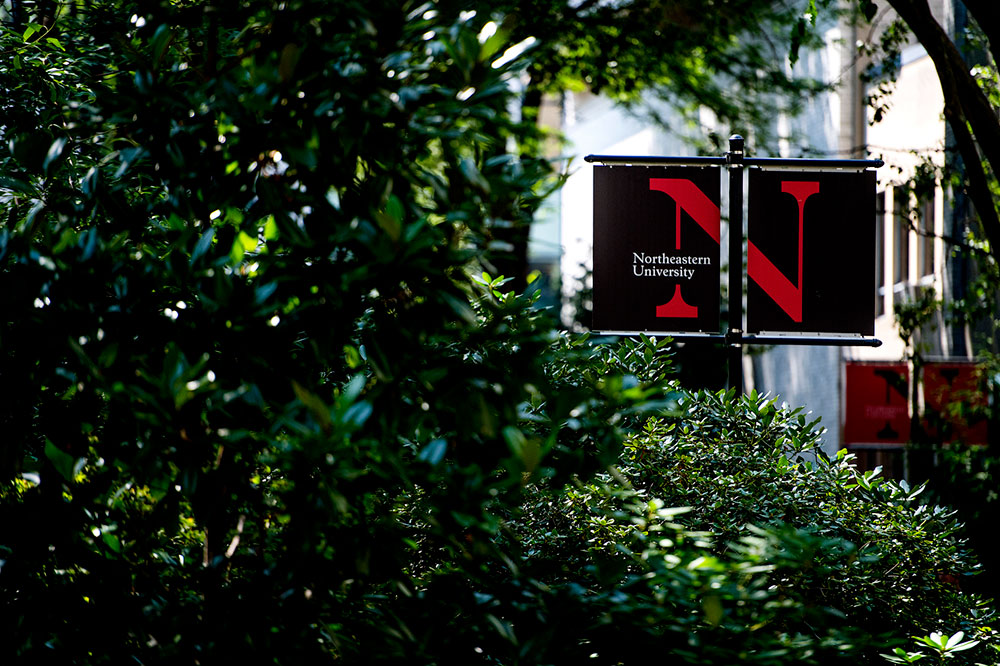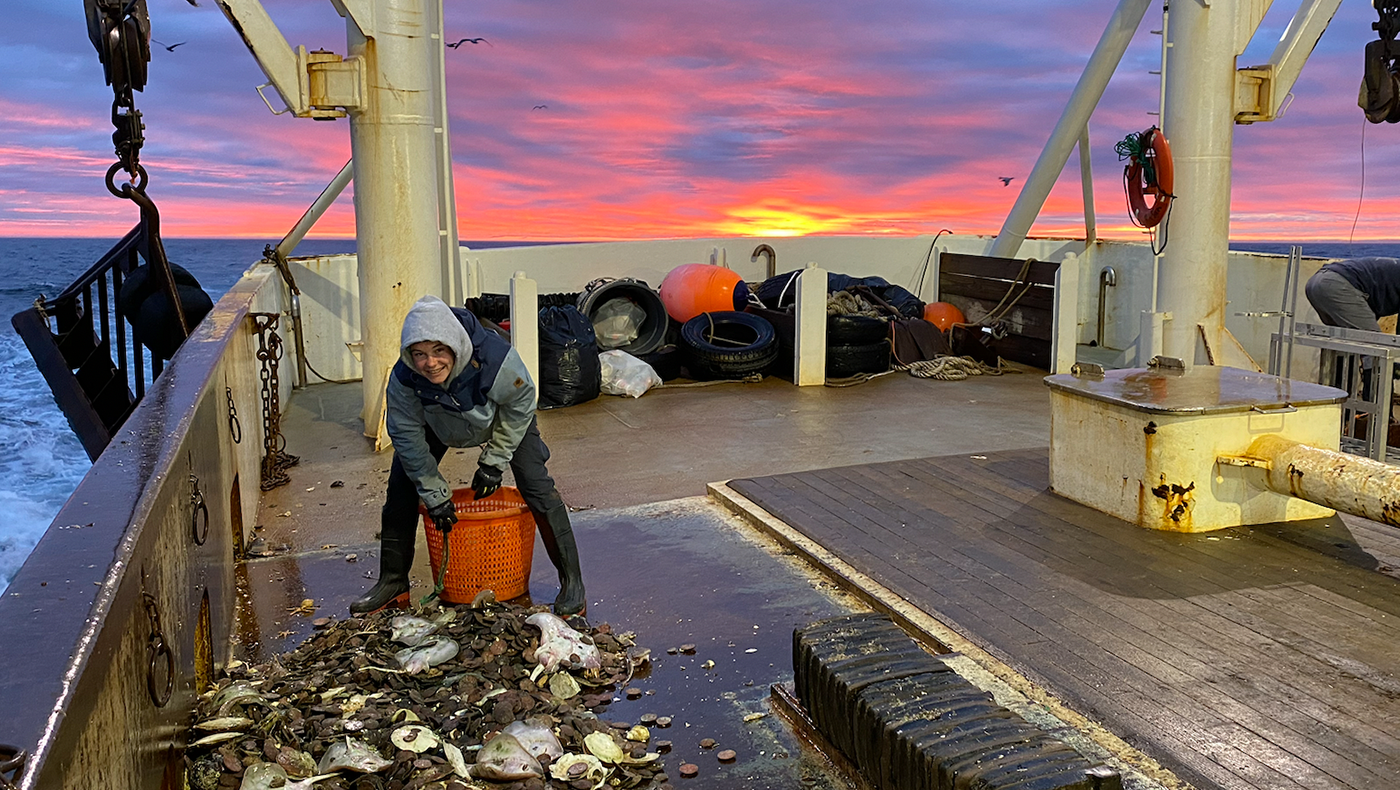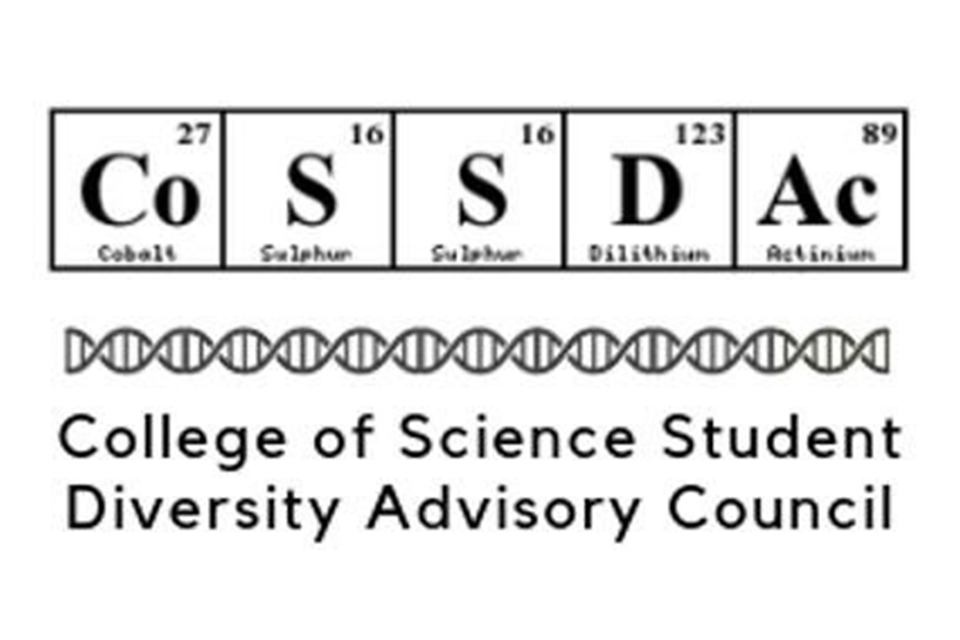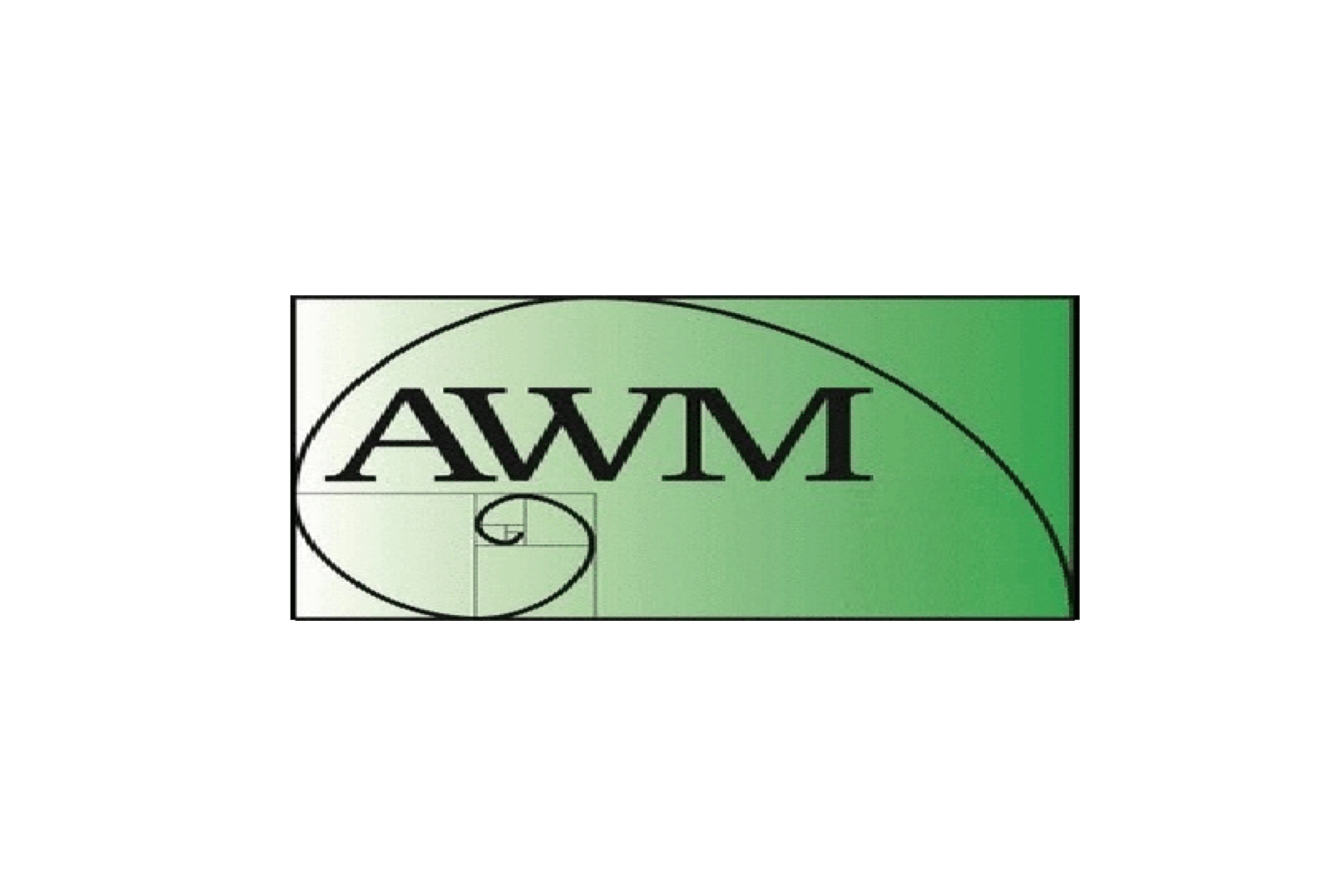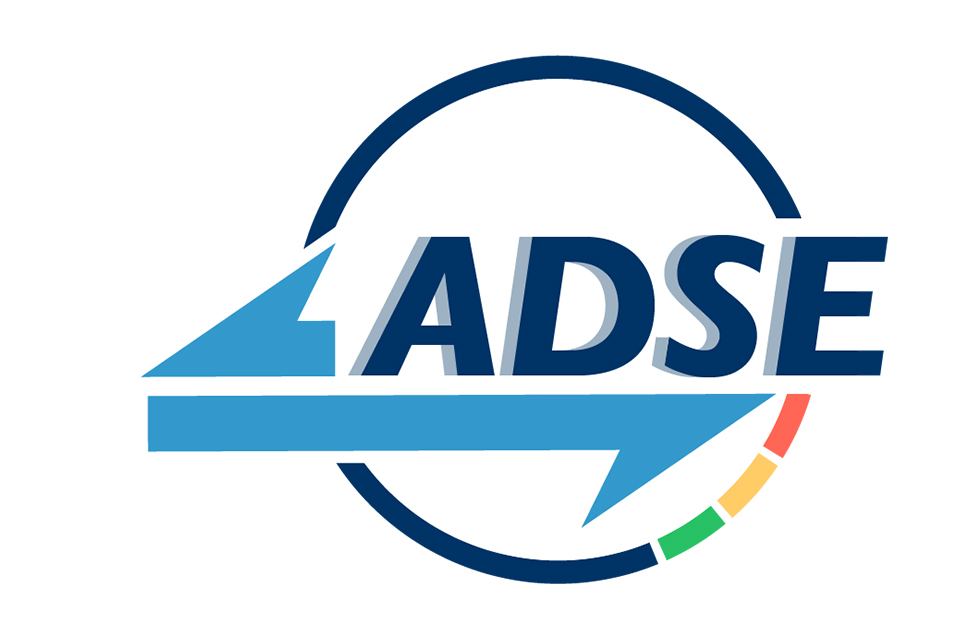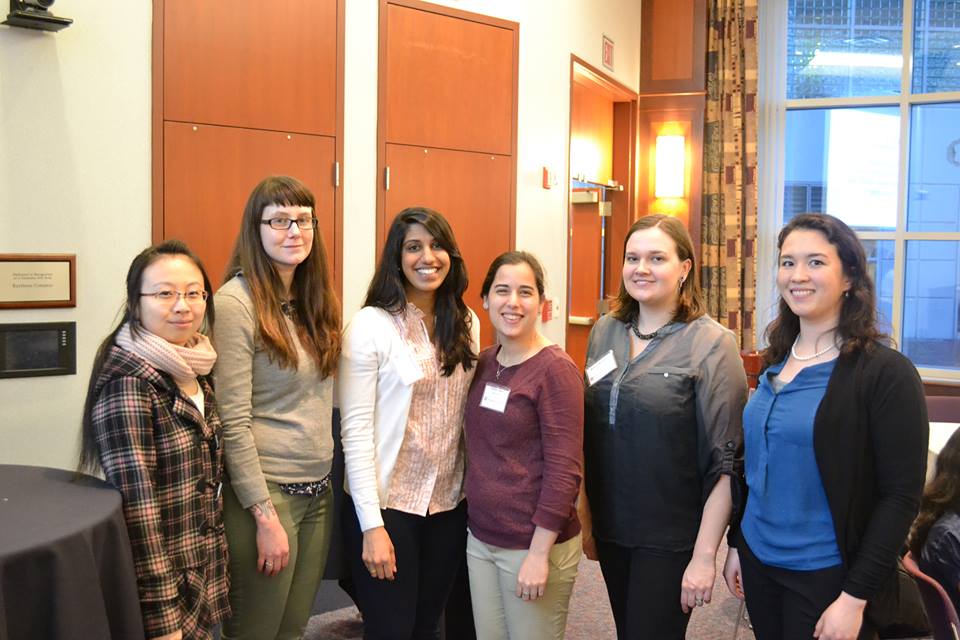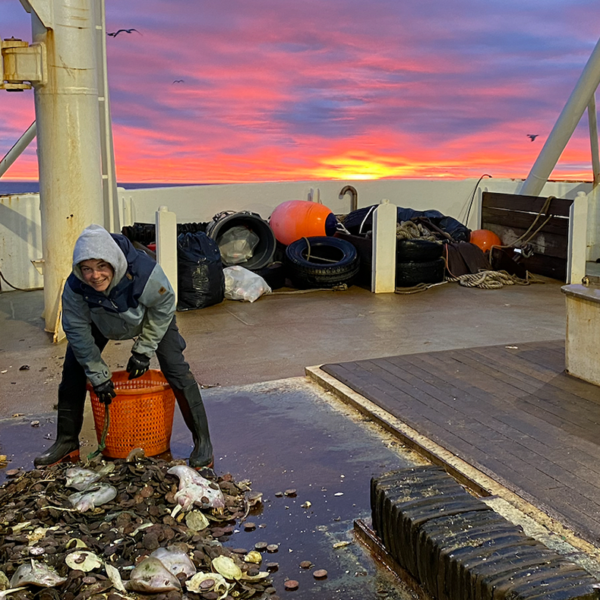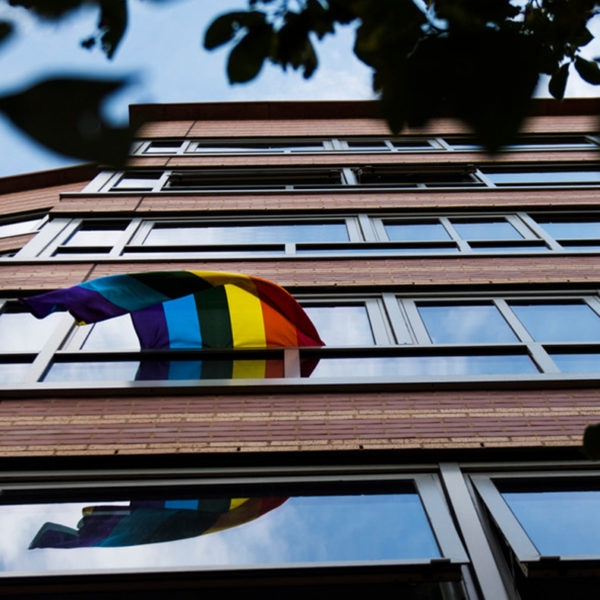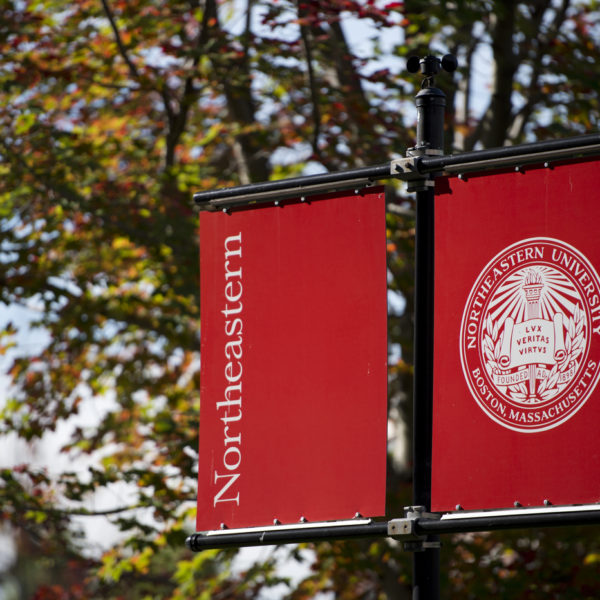Equity, Diversity, Inclusion, and Justice
The College of Science supports a culture where each person feels they belong, regardless of race, color, religion, religious creed, genetic information, sex, gender, gender identity, sexual orientation, age, national origin, ancestry, veteran or disability status. We celebrate the diversity of our community, and we seek to expand representation to further excellence. We commit to be a College where members act with respect, trust, collaboration, and communication, and where inappropriate behavior is reported and acted on without fear of retaliation. Download our Principles of Community here.
We stand against racial violence and systemic injustice against Black people. We stand for anti-racist policies, equity, and justice within our College and across Northeastern University. We denounce the insidious disrespect of women that furthers gender inequity in science. We will work towards the following strategies in support of these principles:
- Cultivate a Culture of Respect and Collaboration
- Build a College that is Representative of Society
- Foster a Connected Community
In June 2022, we submitted a Diversity, Equity, and Inclusion Action Plan to the Northeastern Office of Diversity, Equity, and Inclusion. We have identified specific milestones to support our objectives and strategies, and we will review them quarterly. We emphasize that this is a dynamic and evolutionary process, and we invite your input and participation. We cannot rely on those individuals most impacted to fix the problem.
View the COS Equity Dashboard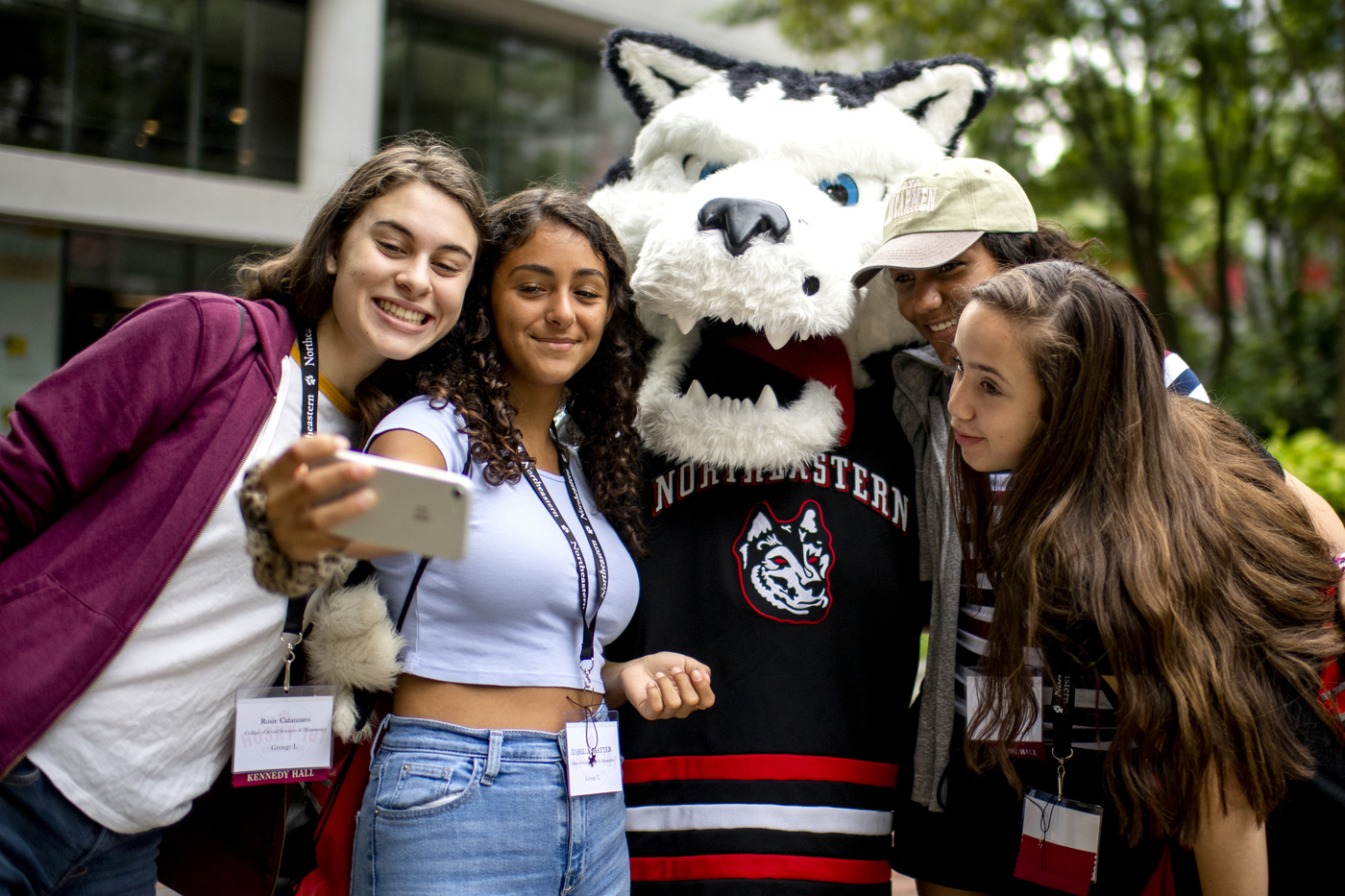
Join INVEST! A new Junior Faculty Program
Faculty positions: no postdoc needed
Our innovative INVEST program is a new approach to faculty hiring. If you are completing your PhD or at an early stage of your postdoctoral training, you may be interested in this accelerated pathway to tenure-track faculty appointments.
Find out more about this program and how to apply.
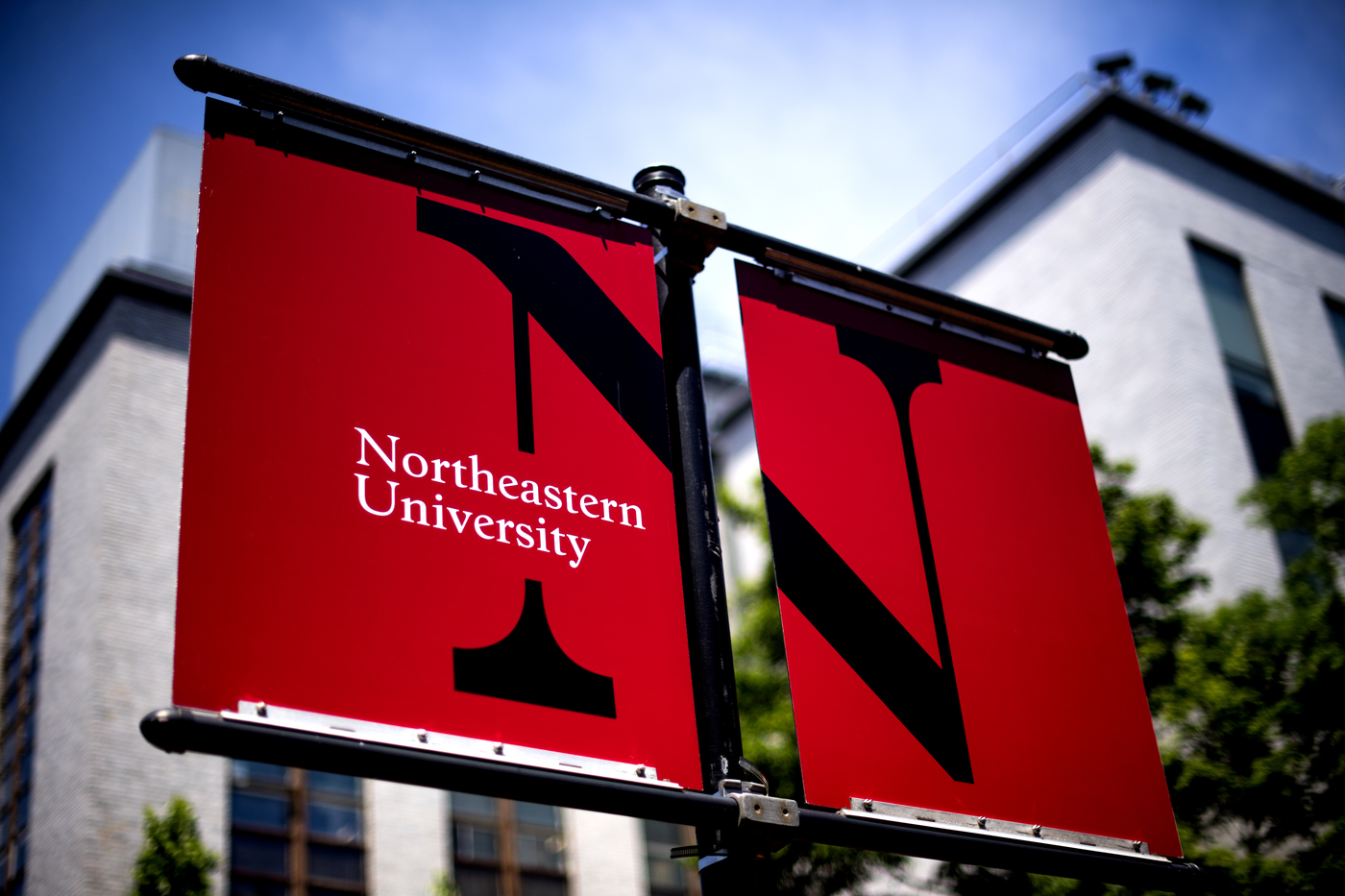
in the COS Climate Survey reported they felt respected by colleagues and peers
Trained in Mental Health First Aid in Fall 2020
From the COS Mathematics department, who sponsor the Bridge to Calculus Program for Boston Public Schools
To the COS Climate Survey report feeling included in discussions and activities in the classroom
Agree that our community is accepting of different ideas
On the College Equity, Diversity, Inclusion, and Justice Committee
For Fall 2020 departmental seminar series
Meet the Equity, Diversity, Inclusion, and Justice Committee
Nick Takacs, Biology, Faculty Representative
Diviya Ray, Biology, Faculty Representative
Morline Gordon-Grier, Biology, Staff Representative
Patti Hampf, Biology, Staff Representative
Jackson Griffiths, Biology, Graduate Student Representative
Chiara Blake, Biology, Undergraduate Student Representative
Donte’ Lewis, Biology, Undergraduate Student Representative
Otonye Braide-Moncoeur, Chemistry and Chemical Biology, Faculty Representative
Robin Riley, Chemistry and Chemical Biology, Staff Representative
Hann Tu, Chemistry and Chemical Biology, Graduate Student Representative
Jacqueline Smith, Chemistry and Chemical Biology, Undergraduate Student Representative
Tony Iarrobino, Mathematics, Faculty Representative
Elizabeth Qudah, Mathematics, Staff Representative
Tanishq Bhatia, Mathematics, Graduate Student Representative
Alia Yusaini, Mathematics, Graduate Student Representative
Kaiya Clark, Mathematics, Undergraduate Student Representative
James Dennedy-Frank, Marine and Environmental Sciences, Faculty Representative
Elizabeth Magee, Marine and Environmental Sciences, Staff Representative
Jay Krithivas, Marine and Environmental Sciences, Undergraduate Student Representative
Toyoko Orimoto, Physics, Faculty Representative
Nancy Wong, Physics, Staff Representative
Nica Jane Ferrer, Physics, Graduate Student Representative
Alexandra Rodman, Psychology, Faculty Representative
Reyyan Bilge, Psychology, Faculty Representative
Jo Hyun Kim, Psychology, Graduate Student Representative
Ivy Cao, Psychology, Undergraduate Student Representative
Adam Cooper, Linguistics, Faculty Representative
Alyn Gamble, Library, Staff Representative,
Melissa Rubock, Graduate Administration, Staff Representative
Rachel Jones, Finance and Operations, Staff Representative
Sima Kalmens, Faculty Affairs and HR, Staff Representative
Caroline Leary, Marketing and Communications, Staff Representative
Nikki Ziner, Marketing and Communications, Staff Representative
Linda Ayrapetov, Undergraduate Advising and Enrollment Management, Staff Representative
Rachelle Reisberg, Undergraduate Advising and Enrollment Management, Staff Representative
Fabiola Meyer Garza, Undergraduate Advising and Enrollment Management, Staff Representative
Sha’Day Hart, Undergraduate Advising and Enrollment Management, Staff Representative
Equity Programs to Promote Equity and Respect
Bob Case Academy: Bridge to Calculus (Mathematics)
This alliance between Northeastern University’s Mathematics Department and the Boston Public Schools (BPS) prepares students in rigorous mathematics, and therefore for college and professional success. The classical Bridge to Calculus program, launched by Northeastern’s Professor Emeritus Robert (Bob) Case in 1994, grew from 25 students to well over 100 students in recent years. Over the last 10 years, it has significantly increased the number of Black and Hispanic students taking the AP AB Calculus course and exam in the Boston Public Schools. The classes are taught on Northeastern’s Boston campus by experienced Boston high school teachers, with Northeastern faculty and undergraduate mentors offering collaboration and providing support. In addition, Bridge to Calculus has been an inspiration for the Math Department’s Calculus Field Day, a competition in April at Northeastern’s Boston campus involving teams from many Boston public schools. Typically, over 100 students from BPS participate in this event and in 2019, Mayor Walsh also attended. The Bridge to Calculus program has prepared students from marginalized groups for college acceptance and college success, and it has supported Northeastern’s efforts to recruit a diverse undergraduate population, including women, in STEM areas. Beginning this year, Bob Case Academy: Bridge to Calculus will build upon the traditional six-week summer enrichment program, including a year-round online Question Center (homework help for Calculus or Precalculus courses) for students, as well as individual tutoring by NU faculty, students, and community volunteers.
More on Bridge to Calculus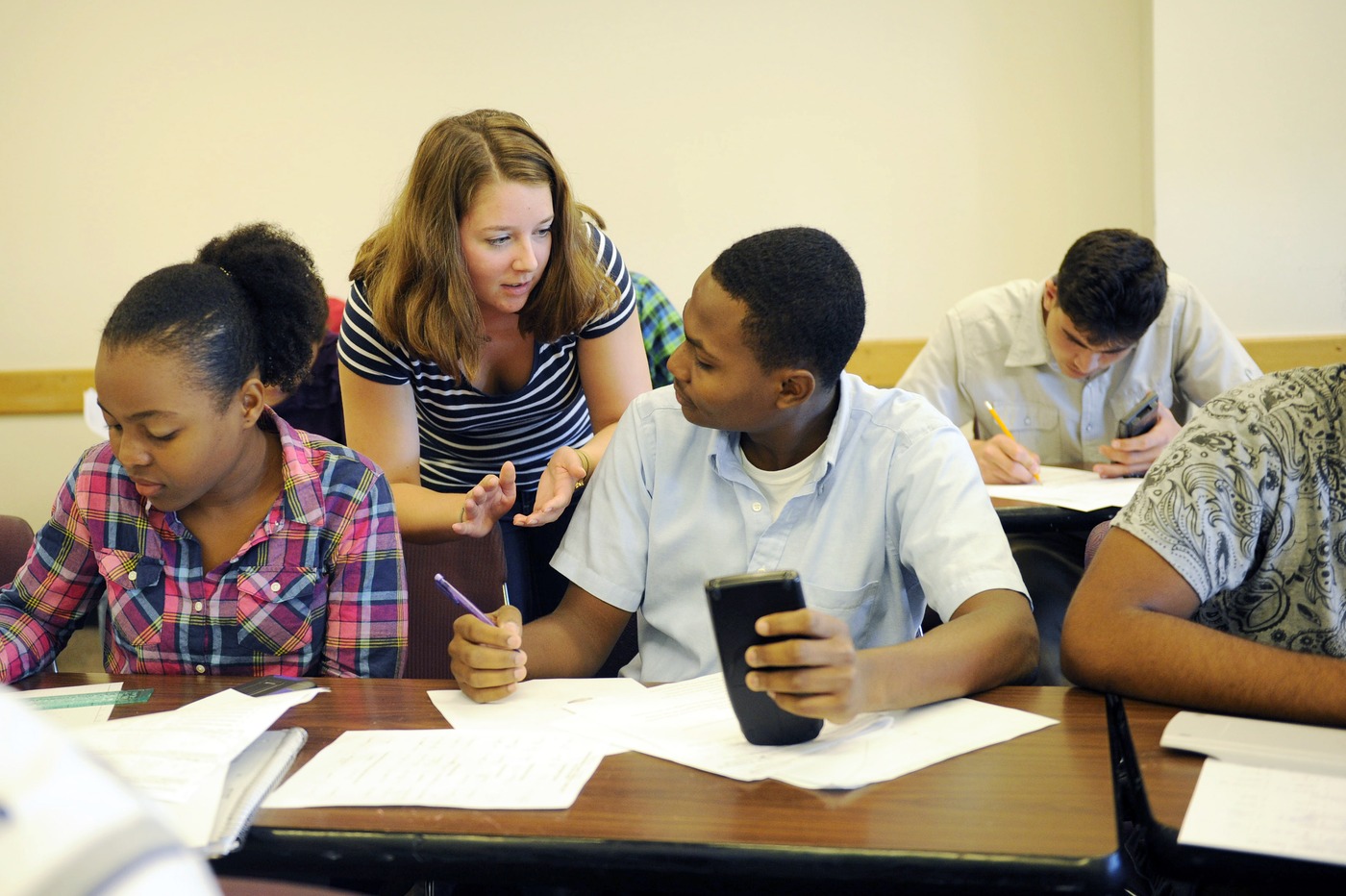
BEACHES: Bridging Each Applicants Chances for Higher Education Success (Marine and Environmental Sciences)
Despite improvements in gender diversity in the geosciences in the last 40 years, ethnic and racial diversity has remained stagnant at the PhD level. Thus, efforts to increase diversity at the undergraduate level have not translated to the graduate level; additional programs are needed that specifically target the transition from undergraduate to graduate school. The BEACHES bridge workshop invites underrepresented minority and first-generation college students who are interested in graduate programs in marine and environmental science to spend three days at Northeastern, where we discuss career opportunities requiring graduate degrees in these fields, work with students to hone their graduate school applications, and prepare them for the application process. In the process, we pair participants with both faculty and peer mentors involved in the program. Because a single mentor is unlikely to meet all of a students’ needs, establishing these tiered mentoring networks is critical to continued student success. The goals of BEACHES are to increase the likelihood that students who participate in the program will apply to graduate school, and to enhance the probability that they will be accepted into a graduate program. We anticipate that a small portion of BEACHES students will apply to and attend Northeastern University for their graduate degrees, helping to increase representation in our graduate programs.
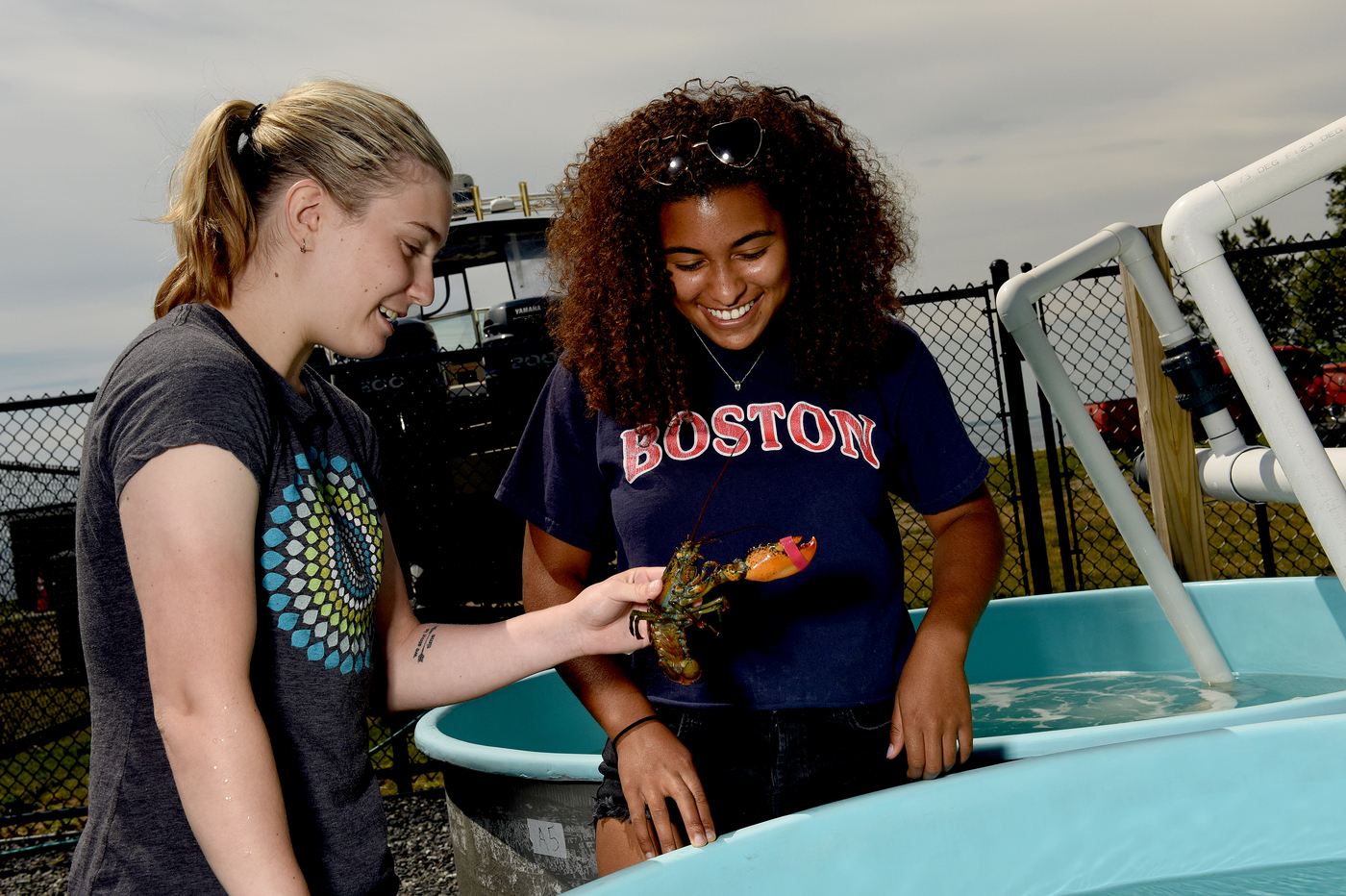
NU-SCI: Northeastern University Skills and Capacity for Inclusion (Biology, Chemistry and Chemical Biology)
Chemistry professor Mary Jo Ondrechen and Biology professor Wendy Smith are leading the Northeastern University Skills and Capacity for Inclusion (NU-SCI) project that focuses on training faculty on inclusive teaching and mentoring skills to include non-traditional students in the science majors and in the process of scientific discovery. Funded by the Howard Hughes Medical Institute (HHMI), NU-SCI aims to increase interest and success in the sciences for students who are underrepresented on the basis of their race/ethnicity as well as first-generation college students, using Northeastern’s renowned experiential learning approach as an educational foundation to the program. The project holds teaching circles to further faculty education, promotes course design and content to create a more inclusive environment, develops strategies for more effective instruction and mentoring of nontraditional students, and offers monthly gatherings for students in the Foundation Year Program that welcome, engage, and foster the success of nontraditional students. “First-generation students and Black, Indigenous, students of color are underrepresented in our science majors and we need to do a better job of including the whole talent pool,” said Ondrechen. “Improvements in curricula and in teaching and mentoring practices will create a better learning experience for all students.” Northeastern joins 23 other institutions across the country who were funded by the first round of HHMI’s 2017 Inclusive Excellence Initiative—a program aimed at helping increase capacity of colleges and universities to effectively engage all students so they can be successful in science, especially non-traditional students and undergraduates who enter four year institutions through nontraditional pathways.
